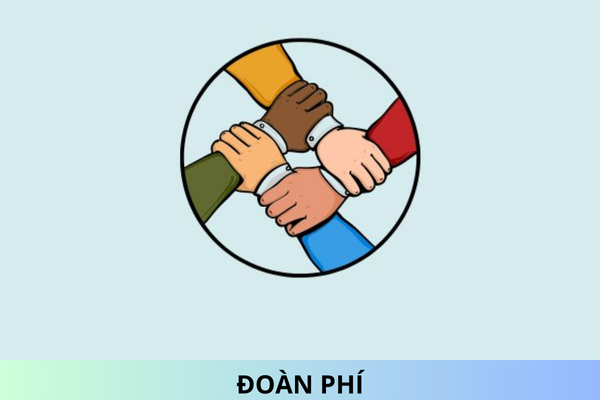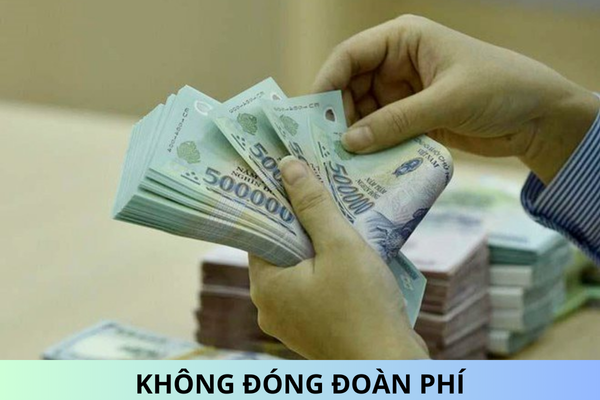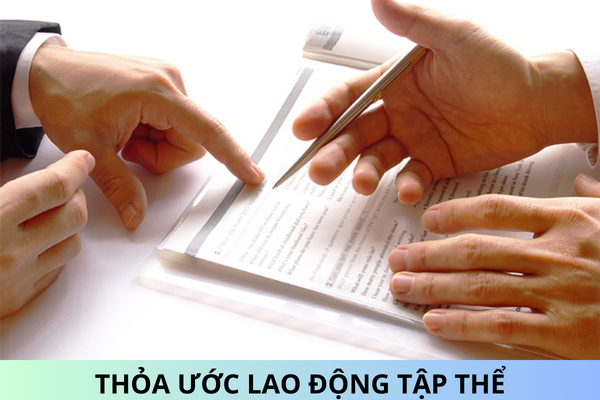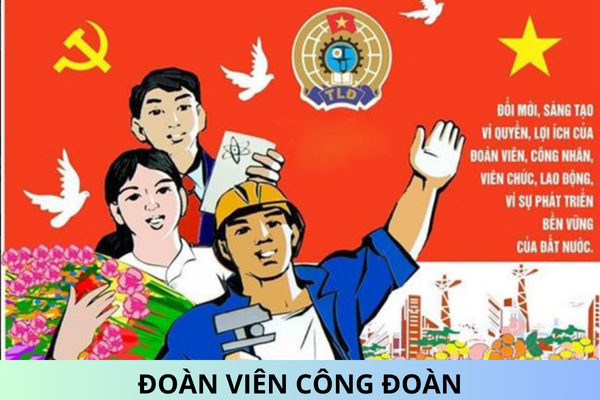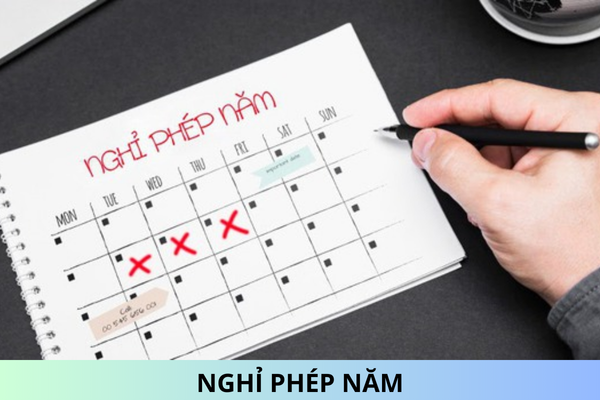Do foreigners sign employment contracts in Vietnamese or a foreign language?
Do foreigners sign employment contracts in Vietnamese or a foreign language? Question from Mr. Trinh (Hanoi)
Do foreigners sign employment contracts in Vietnamese or a foreign language?
Pursuant to Article 13 of the 2019 Labor Code regulating employment contracts:
Employment contract
1. An employment contract is an agreement between an employee and an employer on a paid job, salary, working conditions, and the rights and obligations of each party in the labor relations.
A document with a different name is also considered an employment contract if it contains the agreement on the paid job, salary, management and supervision of a party.
2. Before recruiting an employee, the employer shall enter into an employment contract with such employee.
Pursuant to Article 15 of the 2019 Labor Code, which stipulates principles for conclusion of an employment contract:
Principles for conclusion of an employment contract
1. Voluntariness, equality, good faith, cooperation and honesty.
2. Freedom to enter into an employment contract which is not contrary to the law, the collective bargaining agreement and social ethics.
Thus, employment contracts with foreigners can be concluded in Vietnamese or in a foreign language, depending on the agreement between the parties and according to the provisions of law in Vietnam.
In addition, entering into employment contracts with foreigners must ensure the following principles:
- Voluntariness, equality, good faith, cooperation and honesty.
- Freedom to enter into an employment contract which is not contrary to the law, the collective bargaining agreement and social ethics.
What main contents must an employment contract with a foreigner contain in Vietnam?
Pursuant to Article 21 of the 2019 Labor Code regulating the content of employment contracts:
Contents of employment contracts
1. An employment contract shall have the following major contents:
a) The employer’s name, address; full name and position of the person who concludes the contract on the employer’s side;
b) Full name, date of birth, gender, residence, identity card number or passport number of the person who concludes the contract on the employee’s side;
c) The job and workplace;
d) Duration of the employment contract;
dd) Job- or position-based salary, form of salary payment, due date for payment of salary, allowances and other additional payments;
e) Regimes for promotion and pay rise;
g) Working hours, rest periods;
h) Personal protective equipment for the employee;
i) Social insurance, health insurance and unemployment insurance;
k) Basic training and advanced training, occupational skill development.
2. If the employees’ job is directly related to the business secret, technological know-how as prescribed by law, the employer has the rights to sign a written agreement with the employee on the content and duration of the protection of the business secret, technology know-how, and on the benefit and the compensation obligation in case of violation by the employee.
3. If the employee works in agriculture, forestry, fishery, or salt production, both parties may exclude some of the aforementioned contents and negotiate additional agreements on settlement in the case when the contract execution is affected by natural disaster, fire or weather.
4. The contents of the employment contract with an employee who is recruited to work as the director of a state-invested enterprise shall be stipulated by the Government.
5. The Minister of Labor, War Invalids and Social Affairs elaborate Clauses 1, 2 and 3 of this Article.
Thus, employment contracts with foreigners must have the following main contents:
(1) Name and address of the employer and full name and title of the person concluding the employment contract on the employer's side;
(2) Full name, date of birth, gender, place of residence, Citizen Identification Card number, ID card or passport of the person entering into the employment contract on the employee's side;
(3) The job and workplace;
(4) Term of the employment contract;
(5) Salary according to job or title, form of payment, payment period, salary allowances and other supplements;
(6) Promotion and salary increase regime;
(7) Working time, rest time;
(8) Labor protection equipment for workers;
(9) Social insurance, health insurance and unemployment insurance;
(10) Training, fostering, improving professional qualifications and skills.
Do foreign workers residing in Vietnam pay personal income tax?
On June 12, 2023, the Hanoi Tax Department issued Official Dispatch 40822/CTHN-TTHT of 2023 answering questions about identifying resident individuals as foreign workers paying Personal Income Tax, specifically as follows:
Pursuant to Clause 1, Article 1 of Circular 111/2013/TT-BTC stipulates:
Taxpayers
1. A resident is a person that meets one of the conditions below:
a) He/she has been present in Vietnam for at least 183 days in a calendar year or for 12 consecutive months from the first day of his/her presence in Vietnam (the date of arrival and date of departure are considered 01 day). The date of arrival and date of departure depends on the certification of the immigration agency on the passport (or laissez-passers) when that person enters and leaves Vietnam. If the person enters and leaves Vietnam within one day, it will be considered a day of residence.
A person in Vietnam defined in this Point is the presence of that person in Vietnam’s territory.
b) He/she has a regular residence in Vietnam in one of the following cases below:
b.1) He/she has a regular residence according to regulations of law on residence:
b.1.1) For Vietnamese citizen: the regular residence is the place where that person regularly, stably, and indefinitely lives and has been registered as permanent residence as prescribed by regulations of law on residence.
b.1.2) For foreigners: the regular residence is the permanent residence written in the permanent residence card, or the temporary residence when applying for the temporary residence card issued by a competent authority affiliated to the Ministry of Public Security.
b.2) He/she rents a house in Vietnam according to regulations of law on housing under a contract that has a term of at least 183 days in the tax year. To be specific:
b.2.1) A person who has no regular residence defined in Point b.1 Clause 1 of this Article will be considered a resident if he/she has a total house lease period of at least 183 days in the tax year under various lease contracts, even if a he/she rents houses in different locations.
b.2.2) The rented houses can be hotels, guesthouses, motels, offices, etc. whether they are rented by the person or their employer.
If the person has a regular residence in Vietnam according to this Clause but his/her actual presence in Vietnam is shorter than 183 days in the tax year and he/she fails to prove his/her residency in any other country, that person will be considered a resident of Vietnam.
The residency in another country shall be proved by the Certificate of residence. If the person is a citizen of a country or territory that has signed a tax agreement with Vietnam and does not issue the Certificate of residence, that person shall present a photocopy of the passport to prove the period of residence.
Thus, a foreign worker who meets one of the above conditions is determined to be a resident individual and is responsible for paying Personal Income Tax in Vietnam.
Best regards!

